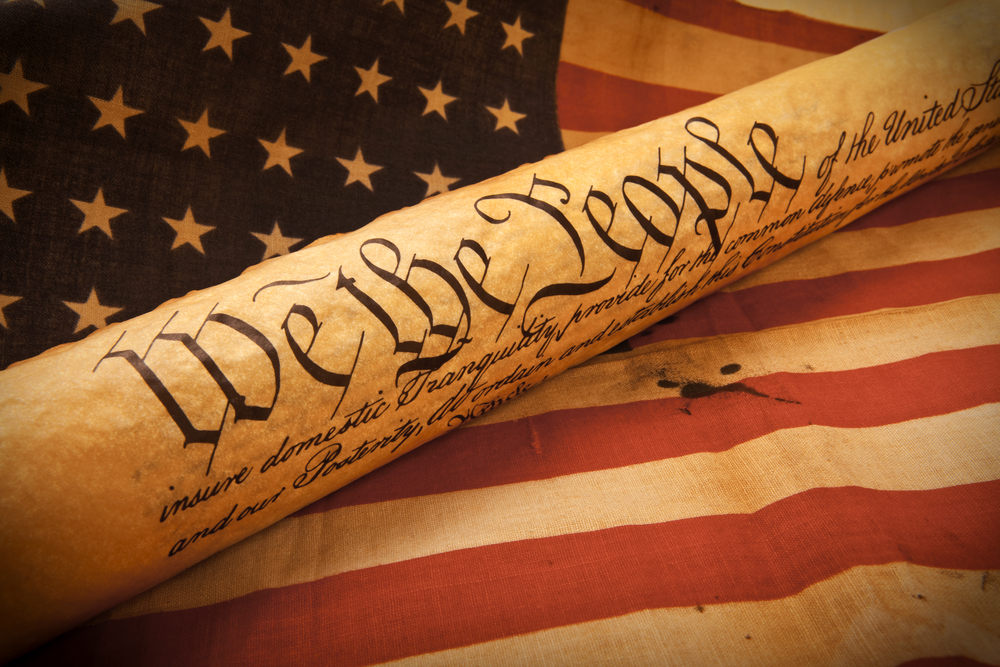In a world of rapidly evolving technology, shifting political landscapes, and unparalleled access to information, the First Amendment to the U.S. Constitution remains a cornerstone of American democracy. Its enduring relevance in modern times underscores the foresight of the Founding Fathers and the importance of preserving our cherished freedoms. Let’s delve deeper into why the First Amendment is as crucial today as it was over two centuries ago.
The First Amendment: A Brief Overview
Adopted in 1791, the First Amendment protects five fundamental freedoms: speech, press, religion, assembly, and petition. It reads:
“Congress shall make no law respecting an establishment of religion, or prohibiting the free exercise thereof, or abridging the freedom of speech, or of the press; or the right of the people peaceably to assemble, and to petition the Government for a redress of grievances.”
This foundational text safeguards citizens’ rights to express their beliefs, challenge governmental decisions, and practice or abstain from any religion without fear of persecution.
The Digital Age and the First Amendment
In modern times, the First Amendment is frequently invoked in debates about online speech. With the rise of social media platforms, more people than ever can express their opinions, share news, and access vast amounts of information. The boundary between private platform governance and public free speech rights has become increasingly blurred.
- Censorship and Misinformation: As tech giants grapple with misinformation and harmful content, they sometimes make content moderation decisions that some users view as censorship. While private entities aren’t directly bound by the First Amendment, their role in public discourse raises vital questions about free speech in the digital age.
- Protection of Journalists: In an era of “fake news” accusations, the First Amendment remains vital in ensuring journalists can investigate, report, and critique without fear of government retribution.
Religion in a Diverse Society
The United States continues to be one of the most religiously diverse countries globally. As such, the First Amendment’s religious clauses remain instrumental in ensuring coexistence and harmony among various religious and secular groups. It protects individuals from government-imposed religious beliefs and allows them to practice or not practice as they see fit.
Protests, Assembly, and Civil Movements
From the Civil Rights Movement to more recent movements like Black Lives Matter and environmental protests, the right to peaceably assemble and petition the government is central to driving societal change. The First Amendment ensures that citizens can voice their grievances, mobilize, and effect change without undue governmental interference.
Balancing Act: Security vs. Freedoms
In the post-9/11 era and with growing concerns about domestic extremism, a recurring debate concerns security versus freedom. While it’s essential to protect the nation’s citizens, it’s equally crucial to ensure that measures don’t infringe upon the liberties enshrined in the First Amendment.
Conclusion
As society becomes more interconnected and diverse, the First Amendment’s tenets become even more crucial. It’s a testament to the enduring vision of the nation’s founders that this amendment continues to guide and protect the spirit of democracy. In modern times, as in the past, it remains our collective responsibility to understand, uphold, and defend the fundamental freedoms it enshrines.

